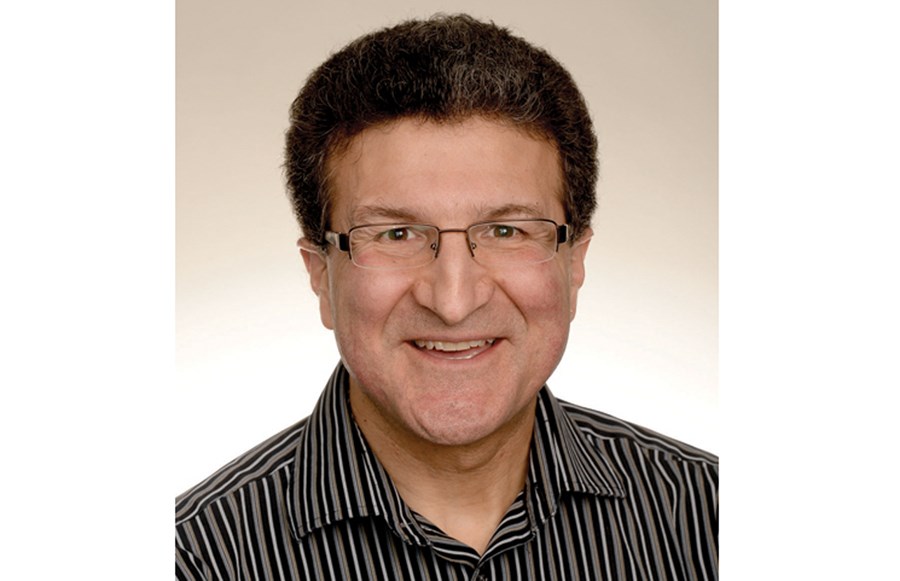I recently saw the movie "Miracles from Heaven", and it inspired me to delve further into the meaning of miracles.
According to the Merriam-Webster dictionary, a miracle is "an unusual or wonderful event that is believed to be caused by the power of God."
Albert Einstein said, "There are only two ways to live your life. One is as though nothing is a miracle. The other is as though everything is a miracle." How we choose to live our lives is up to us.
Suffering is part of the human condition. Much of it is inexplicable and very unfair and it can cause us to question our beliefs. Why should a child have to face terminal illness? How can God allow natural disasters that cause human suffering? Yes, people have free will, but how can a loving God stand by and allow genocide to happen?
When faced with inexplicable suffering we often hope for a miracle. In very rare cases these miracles are extraordinary. Suddenly the illness disappears, suddenly we are delivered from the situation and all is again well.
Most of the time, however, the miracles are so small that we fail to even notice them. If we did not believe in miracles, we would simply call them coincidences.
At other times, we are a miracle to others. We are in the right place at the right time. We give another person the hope and the strength to endure. We say the words they needed to hear.
Perhaps the most common occurrence, however, is that we become our own miracle. Holocaust survivor Victor Frankl tells us, "Suffering ceases to be suffering at the moment it finds meaning." We have no control over what happens to us, but we do have control over how we respond to the situation. Finding meaning can take time, but when we realize it we are transformed.
Frankl was a Jewish psychiatrist living in Vienna when the Nazis took control of his country. His mission in life was to teach the world about his theory of psychiatry, but his manuscript was taken away soon after he arrived at a concentration camp. His miracle, his dream, was to be free and to teach again, to lecture in a warm university. On the way to realizing this, however, he experienced many other miracles that could easily have been overlooked, like a chance to work inside and get out of the cold for a few days, or a transfer to a work camp and not a death camp.
In the end, Frankl survived and went on to teach and to write MAN'S SEARCH FOR MEANING, one of the most influential books of the twentieth century. His suffering had transformed him, and his theory was no longer just a nice idea, but an inspiration to millions in finding the reason for their lives.
The suffering that we face can destroy us or it can transform us. We do not control when or if we will receive the miracle we are hoping for, but if we keep our eyes open we will see that there are many miracles happening along the way. Suffering is inevitable. We decide if it will have meaning.



